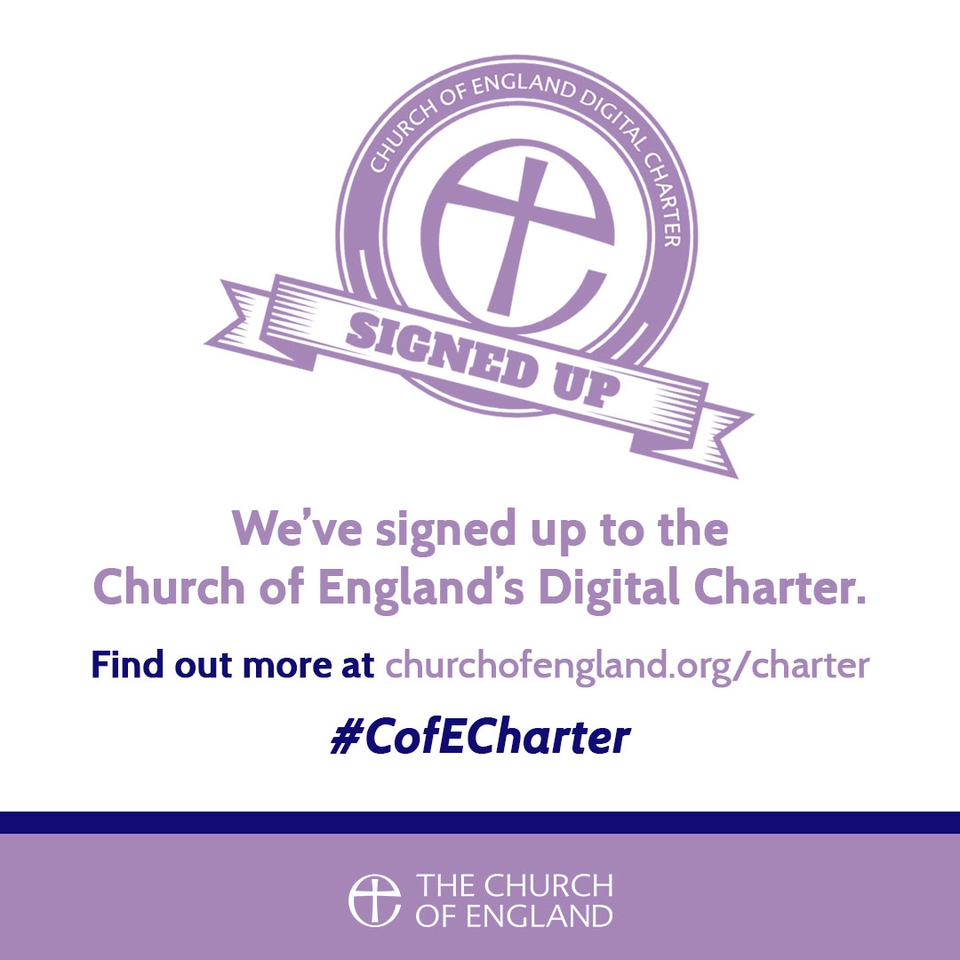Church of England Digital Charter Leading the Way Globally – Minister
The Church of England’s new digital charter is “an opportunity to lead the way and work with others globally”, the House of Lords has heard.
Lord Ashton of Hyde, Minister for Digital, Culture, Media & Sport, welcomed the charter and new community guidelines and pledged to continue engaging with the Church in this vital and growing area.
He was speaking during a debate on Thursday evening secured by the Bishop of St Albans, Alan Smith. Both the guidelines and the charter were launched by Archbishop Justin Welby at Facebook’s UK office on 1st July and received extensive positive coverage both in this country and internationally.
The advice was published to offer advice aimed at tackling offensive behaviour and misleading content and encouraging a positive atmosphere for online conversations.
Bishop Alan asked the Government what assessment it had made of the Church of England’s social media community guidelines, published on 1 July, and what steps it was taking to promote positive social media behaviour.
Speaking in the debate, he said: “To date, the two prongs of the campaign have been signed by individuals, charities, groups, schools and churches, representing thousands of people.
“These are not simply guidelines or suggestions for people involved in the Church of England.
“They are a call to action for all people, whether Christian, of other faiths or indeed of no faith at all.
“The two Archbishops who endorsed this project urged us to ‘apply our values’ when we engage in ‘robust disagreements’.
“I would encourage all individuals and groups to commit to playing their part in making social media a more welcoming place.
“I share them in the hope that it will enable us to think more broadly about the whole range of issues.”
Adding his support, the Bishop of Chelmsford, Stephen Cottrell, said: “The charter is just the beginning; it sets a standard that will help us all be the best we can be.
“But the internet itself, especially those who profit most from the monopolies that we have allowed to develop, also needs to be designed by agreed ethical principles.”
Responding to the debate, Lord Ashton said: “I thank the Church of England for their community guidelines and the digital charter and emphasise how aligned we are on the fundamental issues.
“We will continue to engage with the Church of England as this work progresses. This is an opportunity to lead the way and work with others globally. Through this work we will protect citizens, increase public trust in new technologies and create the best possible basis on which the digital economy and society can thrive.”
